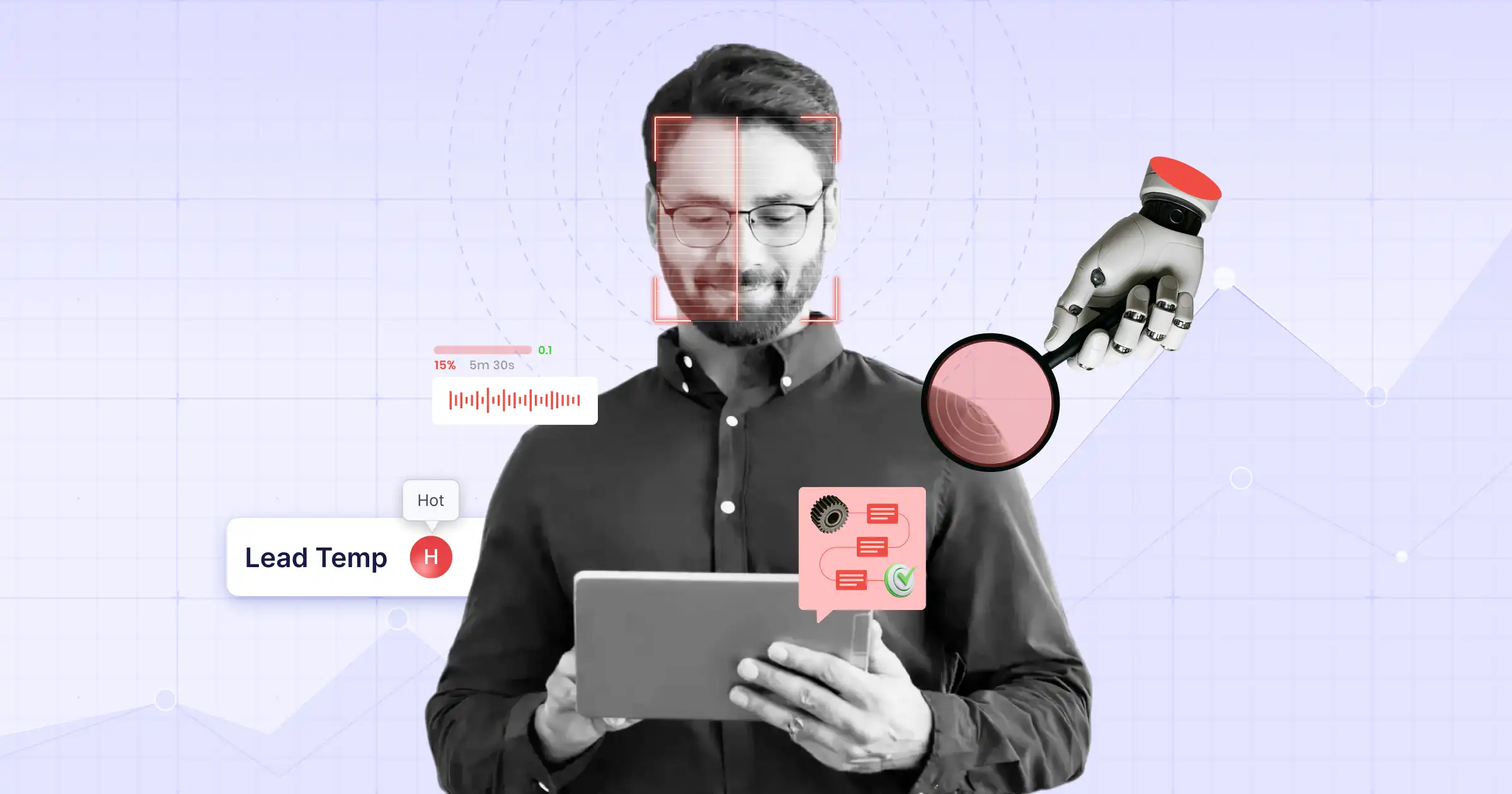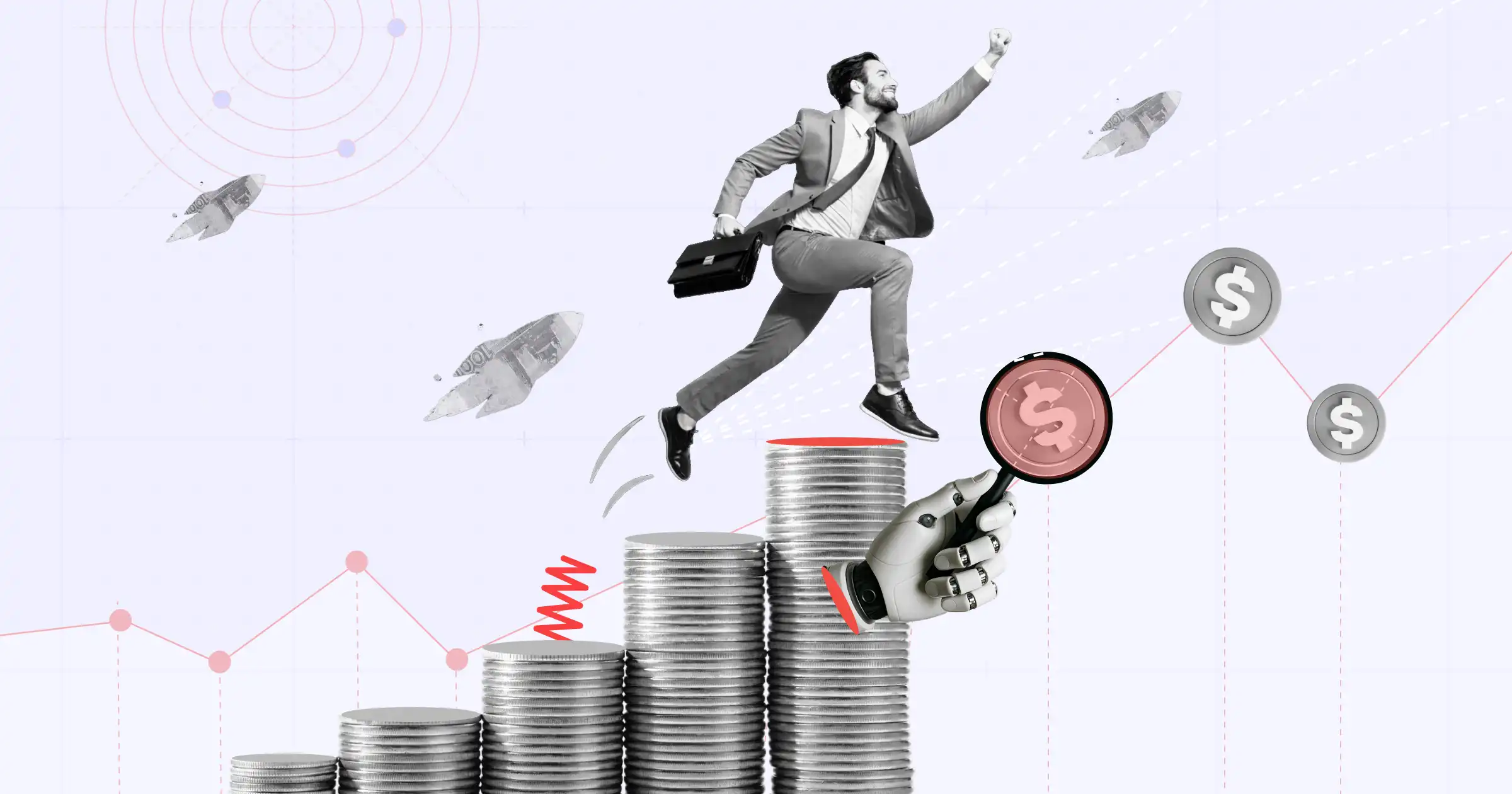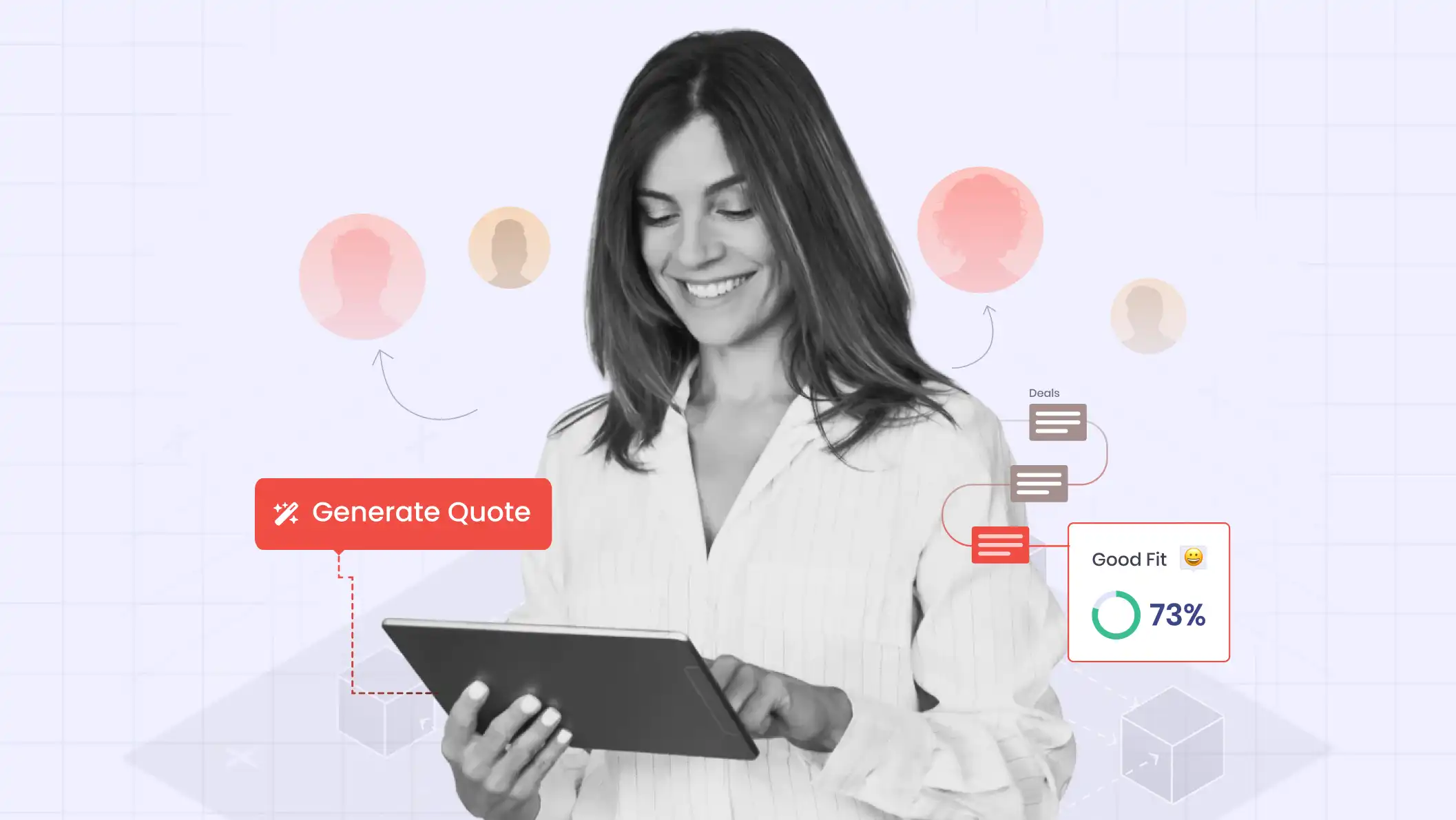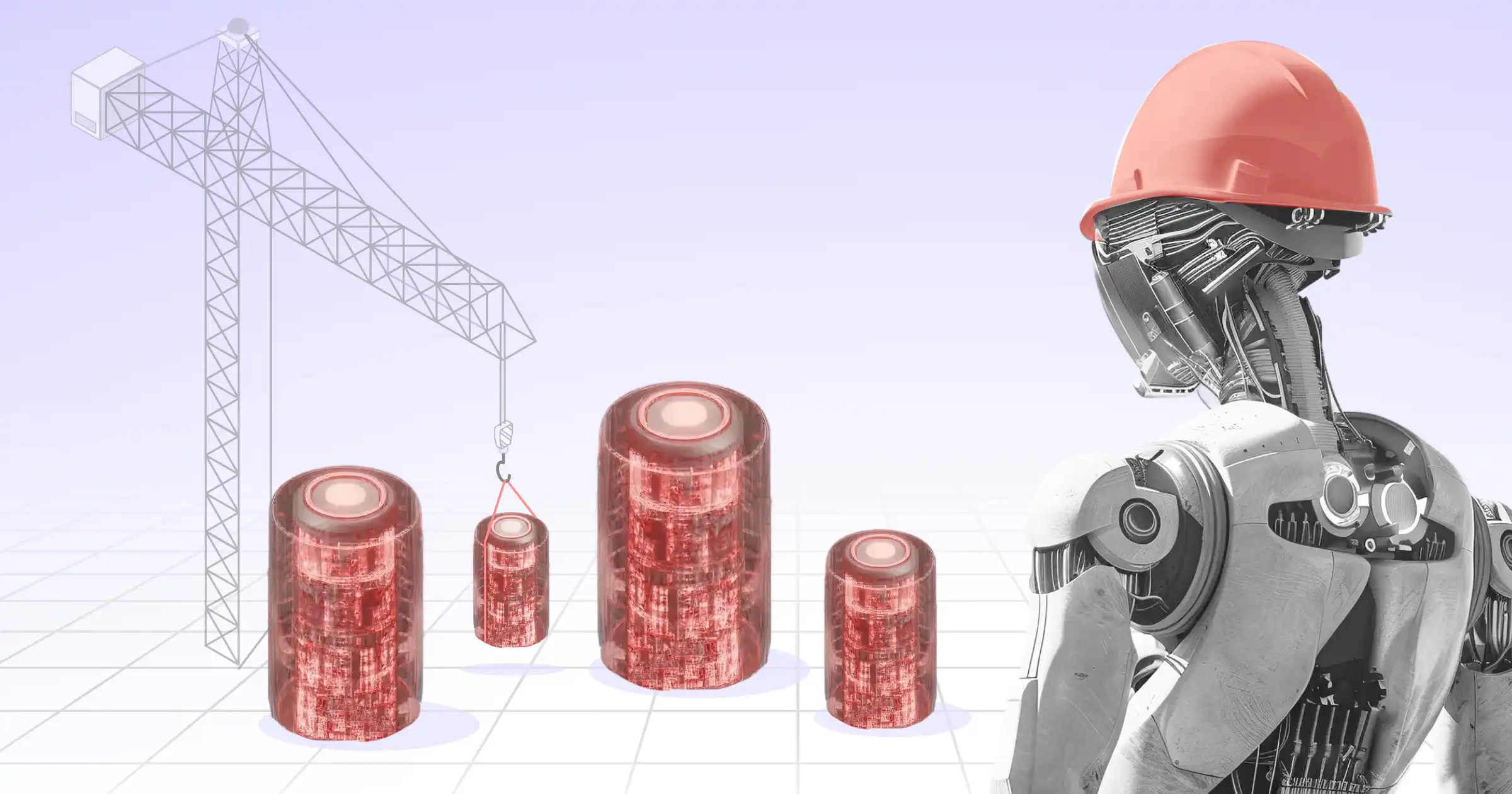Insights from Henri Richard: Replicating the Behavior of your Top 20% of Sales Reps
Jul 24, 2020

We recently had the opportunity to have a conversation with Henri Richard, a highly experienced technology executive. Henri was formerly an Executive Vice President of WW Field and Customer Operations at cloud services and data management company NetApp. Although Henri is now happily retired, his sales leadership life has not ended. He has most recently joined the Aviso Advisory Board to guide us on our digital disruption path. Below, you’ll find various video snippets and their transcriptions of our discussion with Mr. Richard. He shares the story of how he got to where he is today as well as various insights into dealing with the current global disruption we find ourselves in.

Aviso: You’ve been at the forefront of high-tech revenue leadership through your career. Can you share your journey? Henri: I started in this industry a little bit by mistake. Right after college, I started my own business. One day my chartered accountant, instead of bringing me a book, brought me a computer listing. I figured, oh, that's cool since I wanted to automate my entire business. So I contracted a company to write the software. They came to me and did a terrible job. And so overnight, I learned basic Applesoft and DOS 3.3 and I rewrote the application to my liking. The person that was running that company, of course, wanted to get paid for their work. And I refused to pay because I said, “You didn't do what I wanted.” And so, one day he was in my office and I showed him the rewritten software. And he said, “You know what? You don't have to pay me. Why don't you come work with me?” And that's how I ended up in the IT business. I developed a pretty large VAR business in France that I sold. And then I came to the US. My wife is American. I came to the US through one of the very hot startups at the time in the disk drive industry called Conner Peripherals. Conner got acquired by Seagate and I worked for Seagate for a while. Then I had the good fortune to join IBM to run their worldwide storage business, which allowed me to come and settle down in Silicon Valley. I then went on and worked as anyone at the time would do in the year 2000, with a software company, a startup called Webgain. We printed our S-1. We were ready to go public and then 9/11 happened and we never went public. So, I almost retired once already in my life. In the middle of selling the company, I basically got a call to go run sales at AMD. Those were the days where that was an up and coming company that was basically a consumer company trying to take on Intel. We had the good fortune to be first to market with 64-bit processor. And I had the good years where we really gave Intel a run for their money. I then wanted to get out of the PC business and broaden my expertise in other spaces. And so, an opportunity that was really interesting came up at Freescale Semiconductor, which was the spin out of Motorola semiconductor. At the time it was held by a private equity. Company was in trouble. And I had the good fortune to join really at the bottom. And through hard work with the team, we were able to bring it back to the public markets in 2011. So, I spent almost 15 years working in Austin, always being based here in Silicon Valley. And I was tired of going back and forth to Austin on top of my 300,000 international miles. I decided to join SanDisk and I had a great run there running the non-retail part of the company, which is about 2/3 of it. And we sold the company to Western Digital. And at the time, I thought, okay, now I'm retiring. And in the midst of that sale, I got a phone call from a colleague of mine that had joined NetApp that asked me if I could come and help with the turnaround. And as you know, at the time, five years ago, NetApp was pretty much written off as one of the companies that was gonna go out of business. I enjoyed really working with George Kurian to turn things around and bring it to where it is today. But I had made it clear that I only had four years of runway. I'm retired, but as I promised myself as of the month of June (because I'm still in good health) I’m helping a few startups including Aviso. My corporate life is over, but not my intellectual and sales leadership life.

Aviso: What motivated you to join Aviso as an Advisor at this stage of its journey? Henri: Throughout my career, I've never worked with a CFO or CEO that wasn't unhappy with forecasting; t's always been a problem. I mean, first, you've got the uncertainty of the customers. I always reminded people that, “When was the last time you walked into a store and walked out with a different product than you thought you were gonna buy?” You know, customers have the right to make a choice and change their mind more often than not. So, to add to that uncertainty, which is inherent to any business, the lack of discipline, guidance and process that can exist in any sizable salesforce because it's very difficult to get a unit of behavior. It's been really something that's been with me throughout my entire career. It was particularly getting critical as the recent crisis started to hit. And frankly, a lot of the existing models went through the window. And so right in the middle of me preparing my exit, frankly, I got exposed to the platform. I thought what Aviso was proposing in terms of the value proposition was spot on, enhanced by the COVID crisis. And then in parallel, I had started about a year and a half ago, a true virtual selling organization building inside NetApp, which had no inside sales and no virtual sales at all. And so, it was both timely because I wanted to empower this new salesforce with better tool, both the virtual salesforce and the field salesforce. But also, because I felt like COVID was gonna accelerate something that I've always thought was gonna happen, which is, I always said I'm an old guy, and anytime I can buy something on Amazon Prime, and not talk to a salesperson, I choose to. And so, to imagine that my personal life and my personal purchasing behavior will never come to my professional life is a mistake. You become used to different types of interactions; you have different expectations in terms of the speed of an access to information. And so, I was always a proponent that virtual sales was gonna become a bigger part of the business. Now, little did I know that with COVID, we could actually prove that it could become the majority of the business. And that field sales can become a minority, an important contributor but a minority contributor. So, I was exposed to Aviso right in the throes of my exit. And of course, after leaving NetApp I was free to be an advisor, which I couldn't have been before. But I was sold on the platform, frankly, on the second presentation.

Aviso: What feels different about the current disruption as compared to previous ones with regards to enterprise selling? Henri: I believe that there is something fundamentally different. And it's not gonna be in R&D because let's face it, R&D has been virtual for quite a bit of time. You could have an entire virtual R&D team working from home. To a certain degree, finance, HR, legal, all of these functions were always able to develop tools and processes and work remotely. But somehow go-to-market, and sales in particular, seem to be the last fortress where you found a lot of people that told you that unless you can get in front of a customer, you can't complete a multi-million-dollar enterprise transaction. And so, I think that's the big change. I think that even the diehard old school salespeople that for the last few years were convinced that that particular aspect of the selling process would never change, have to take a step back and realize that that's not true anymore. I think that this crisis is creating a situation where you're gonna have winners and losers that are gonna be largely determined by the sales force leadership willingness to lean into the change. And I think that that's particularly exciting for Aviso because we can be an enabler of that change by limiting the downside risk of it, and really providing a level of intelligence that was never available before. I think the corollary is that I'm thinking of go-to-market as, in a lot of cases, largely still ZIP code coverage deployment models. Of course, everybody is trying to get away from the most basic aspect of that, but it still remains largely related to where you're physically located. And I believe that the super sales force of the future is one that we'll be able to combine for one particular deal, the best resources that exist across the globe, in the enterprise to go and put the best foot forward in front of a customer, hopefully get the PO. Disassemble that unit and reassemble another unit as quickly and fluidly as possible. Now, conceptually it's wonderful but it's difficult to implement. But I do believe that some companies are gonna be able to do that. They're gonna be able to change their business model from the go-to-market standpoint. And if you can be virtual, and on top of that, bring to each virtual sales unit the best talent that you have for that particular customer problem around the globe, then you have an incredible competitive advantage.

Aviso: As a revenue leader of multi-billion dollar businesses like NetApp, how could Aviso help you on a daily basis? Henri: I'm not going to give you names in order to protect confidentiality but in one of my positions, I could have significantly affected the results of the company for the positive if I had simply taken the top 20% performers in my organization and replicated that behavior with the bottom 20%. And so, it was as simple as that. I didn't need more leads. I didn't need a better conversion rate. I didn't need to improve the size of my average PO. I mean, of course all of these things could have been helpful. But if I could have had the gross margin average on the deals of the worst sales guys that I had with the best sales guys for the same product, in the same type of transaction, in the same territory, or if I had the same closure rates, I would have changed completely the financials of the company. And so that's where I think our platform brings incredible value. Of course, it's good to be able to improve the predictability of forecast and have another way to go and do the analysis with the help of AI and ML of your pipeline. But I think that where the real incredible value that Aviso, used properly, brings to any organization, it's the guidance and coaching aspect. The automation of this replication of best behaviors, not in a punitive way, but in an encouraging way by showing people what to do and how to do it. And so, that to me is super exciting. And that's usually actually the angle that I take when I start to talk about Aviso with a prospect or a friend to get their interest deep.

Aviso: How do you see the value of AI Guidance in helping improve productivity with both partners and channels? Henri: What's really always interesting with channels is that relative to vendors, they have to operate with lower gross margin and much lower operating expense, right? That's the nature of indirect sales. And so, if you think about it, their degrees of freedom and their ability to waste cycles is extremely limited. And therefore, the leverage of improving any sort of the ratios of closure or deal size or gross margin, any of those levers, are extraordinarily more powerful for the channel than they are for the vendor. They're good for everybody. But when you start with 60%, gross margin, you have a lot more room for being sloppy than when you start with 15% gross margin. And so, I think that what this platform also affords any vendor that wants to turn it to the advantage of their channel is to give the channel partners, the same guidance in such a way that you would give the salespeople. In other words, giving them comparative of their behavior versus other channel partners. Of course, in all anonymity of the data and providing them with guidance as to how to make every bullet count when it comes to your franchise. And I think there's a double positive, it makes your franchise more successful. But also, as we know, partners go where the money goes. And so, if your franchise is much more profitable for them, then you'll probably get more cycles. And so that's an aspect of the platform, extending the value of the platform to the partners that I think has a lot of potential for the growth of Aviso.

Aviso: What is your advice for sales leaders and CROs on how they can survive and grow during this crisis? Henri: I am so happy to be retired. I can't even begin to tell you. Really, life is really great. But seriously, I think that the first thing that you have to do is always understand that. My motto has been when I wake up in the morning, there's someone in the world that's younger, smarter, faster, cheaper. They just didn't get this job. And so, you have to stay on your toes. You have to stay humble. You have to stay open to the fact that change is inherent, and that anybody that's trying to protect the status quo is really putting himself or herself in danger. That's for the people that think that after COVID things might come back to be the same. I have been blown away by some of the success stories in some of the new leaders and I'll give you a little story, an example. Because I had the good fortune of being on a couple of the big consulting firm CSO boards. This particular sales organization and sales leader, whenever they have a Zoom meeting prepared with a prospect, find a way if possible, to understand whether they like alcohol or not. And then if they like alcohol, which sort of alcohol. And then they send pre-Zoom, a nice package that has a nice glass and a bottle of wine. And then on their side, they have the same glass and the same bottle of wine. And imagine, imagine if that works, right? Imagine the level of personal touch that this presents. And it's even interesting in the sense that you could never do this in the office. You could never have even if somebody says, “You know, I like red wine.” You wouldn't be able to bring a bottle of red wine at your first meeting in the office. But because the prospect is in their house, you’re home, it's an easy way to have a complete break-the-ice meeting. There are countless stories like this. So, I think that the notion that virtual selling cannot close big transactions, the notion that virtual selling cannot create intimacy, the notion that virtual selling cannot create an enduring relationship. I think all of those are false notions. I think that there's gonna be a young generation of innovators, particularly in the go-to-market function that are gonna find a way to make the Zoom or WebEx or whichever platform you use, not only equivalent, but probably better than the previous mode of selling. Let's not forget that there are two forces at play that are probably irreversible. The first one is the power of the CFO. And I talked to a lot of CFOs. And I'm telling you, they're not ready to give back the T&E budget that they've been able to claw back on the last few months. And if they give it back, they're gonna give it back with a haircut. And secondly, as we all squeezed for opex, the level of productivity that you can have as a salesperson, when you don't have to take a three-hour flight at the back of Southwest plane and then rent a car and get to… If you think about it, we should aspire to make virtual selling better than in-person selling. And we should reserve in-person selling to very, very specific use cases. But in my mind, virtual selling is the future for all of selling, not just for a certain type of transaction.

Aviso: How do you think about Virtual Digital Selling and its importance in this decade? Henri: I have been leaning into virtual selling and also zero-touch. I believe that before you go into a virtual selling, the success of a vendor these days is directly correlated to their online presence, the simplicity of accessing the information, the automated guidance that you can provide for a customer to make choices. So, for me, it starts with zero-touch, then it goes into virtual sales. And yes, I accept of course, that there are some situations where you'll have to send them to the SWAT team. But I think, in my mental model, I'd like to have 20% of the business pursued with zero-touch, about 60% of the business pursued virtually, and about 20% pursued in-person. And I think that we're gonna see in the next 36 months, the biggest transformation we've seen in go-to-market in a decade because of COVID.

Aviso: What do you think about the future of Sales Enablement and integrated GTM teams? Henri: Sales enablement tools are gonna become much more important for success than ever before. So, I think we're gonna see a lot of innovation in that domain. We're also gonna see a shift in budget to those tools, which is one of the other reasons I think Aviso is well poised for the future. Because some of the T&E budgets, for example, could well be invested in IT systems to make the salesforce more productive and more intelligent about what's happening in the market. But back to your point of integration, of course, we used to be in a mode of big capex transaction where it was about catching the fish and then hoping that for three years nothing happens. Those days are gone. With everything as a service, increasingly, and particularly with the cloud, gobbling up a lot of the IT budgets, selling is nothing. I mean getting the first PO is irrelevant. It's about customer success, the deployment of the product, the utilization of the product, and a virtuous circle of intelligence of what does the customer need? How are his needs or her needs evolving? And how can you accompany that evolution? And so, there's gonna be a shift in my mind from a lot of the stardom, and the money, and the drama being at the first transaction. In other words, gaining the customer. And that's shifting now to the right towards teams that are able to have excellent retention rates, great expansion of portfolio, and a loopback mechanism that brings back to the engineer the evolution of the needs of the customer. And so that's a very different model where in my mind product management, product marketing, field marketing, sales, technical support, professional services, all of these functions are gonna be redefined. And to your point, the boundaries are gonna change dramatically.

Aviso: What personal practices and tools are you using to stay productive during this pandemic time? Henri: Customers are always the priority. So, any topic that touches the customer gets the priority over anything else. But the way I’ve always managed my productivity is I use my inbox as my to do list. And my entire life, when I turned off the lights at night, I never had more than 24 emails in my inbox. I use a pretty robust set of automated management of the emails based on who sent it, what the topics and stuff like that. And really, for me, I always tried to be as real time as possible, prioritizing the customer. But I'm always amazed when I see people with 11,000 unopened emails in their inbox and wonder how they manage that? Maybe I'm too anal or into the details, but I would not be able to sleep if I didn't know that everything that's been communicated to me, right or wrong, important or not, I've been able to sift through it. Sort it out and extract from that the important messages that need an action from myself. And so that's been my discipline and even though I'm retired, I continue to do that. I guess I'll probably do it until I don't get any emails anymore. Because email will be obsolete. But that's been my discipline.






